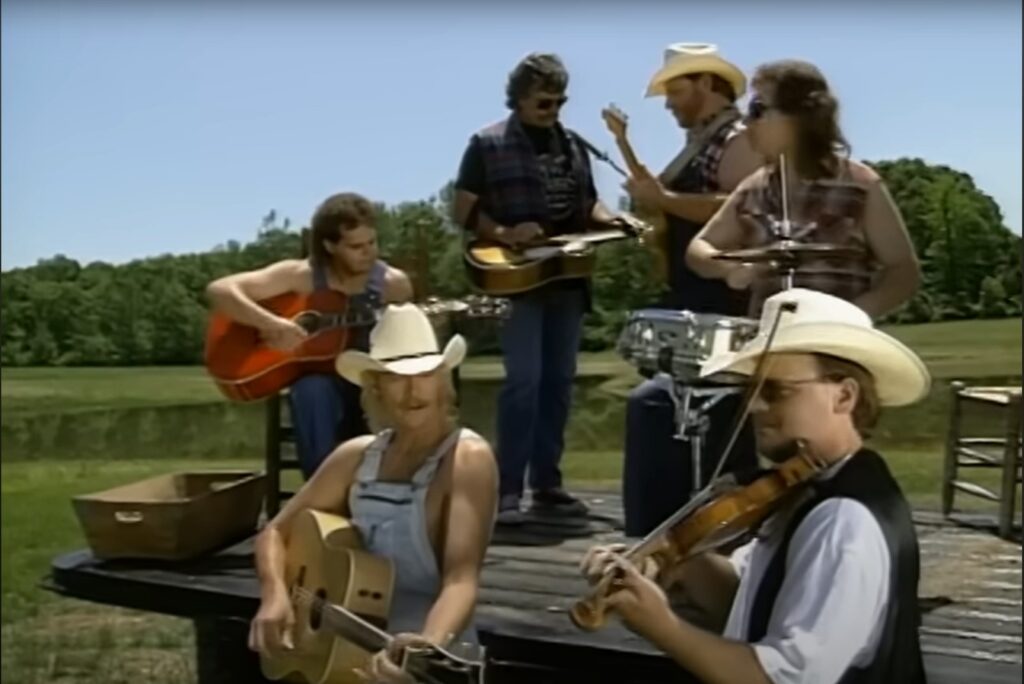A Return to Roots Amidst Changing Times

Giữa bối cảnh sôi động của nhạc đồng quê những năm 1990, Alan Jackson nổi lên như một biểu tượng của sự chân thực và truyền thống. Ca khúc Gone Country của ông , phát hành năm 1994, nằm trong album được giới phê bình đánh giá cao Who I Am , là hiện thân của khát khao kết nối chân thành và chân thực trong một thế giới ngày càng bị thương mại hóa. Ngay khi ra mắt, Gone Country đã vươn lên dẫn đầu bảng xếp hạng Billboard Hot Country Songs, trở thành một trong những ca khúc định hình sự nghiệp lừng lẫy của Jackson.
Gone Country is more than just a hit; it is a cultural commentary wrapped in melody. Written by Bob McDill, a revered songwriter known for his perceptive storytelling, the song delves into the lives of three distinct characters: a Las Vegas lounge singer, a disenchanted folk artist, and an established pop star. Each of them, despite their diverse backgrounds and musical paths, converge on the same realization — they’ve “gone country.” This convergence reflects a broader societal shift toward country music during the era, capturing how artists and audiences alike were searching for something more authentic amidst the flashy veneer of mainstream success.
At its core, Gone Country speaks to an identity crisis faced not just by musicians, but by many individuals during that time. The characters in the song are drawn to country music as a sanctuary, a refuge where sincerity prevails over pretense. Alan Jackson’s performance brings an added layer of credibility to this narrative. Known for his traditionalist approach to country music, Jackson’s own career mirrored these themes; he was an artist who steadfastly resisted the commercial pressures that sought to blur the lines between genres for broader appeal.
The genius of Gone Country lies not only in its lyrical content but also in its musical composition. The arrangement is quintessentially country with its twangy guitar riffs and steady rhythm that serve as the heartbeat of the track. Yet, it’s Alan Jackson’s warm baritone that breathes life into McDill’s words, conveying both the cynicism and hope embedded within each verse. There is an undeniable sincerity in Jackson’s delivery — a nod to his own southern roots and commitment to preserving the integrity of country music.
As we reflect on Gone Country, it stands as a testament to Alan Jackson’s ability to encapsulate an era within a single song. It resonates with listeners not merely because of its catchy chorus or masterful storytelling but because it taps into a universal desire for authenticity and belonging. As audiences continue to grapple with similar themes today — amidst modern challenges and evolving musical landscapes — Gone Country endures as a poignant reminder of where true fulfillment lies: in embracing one’s roots and finding truth in simplicity.
Thus, Alan Jackson through Gone Country not only cemented his status as one of country music’s stalwarts but also opened up a dialogue on artistic authenticity that continues to echo throughout generations.